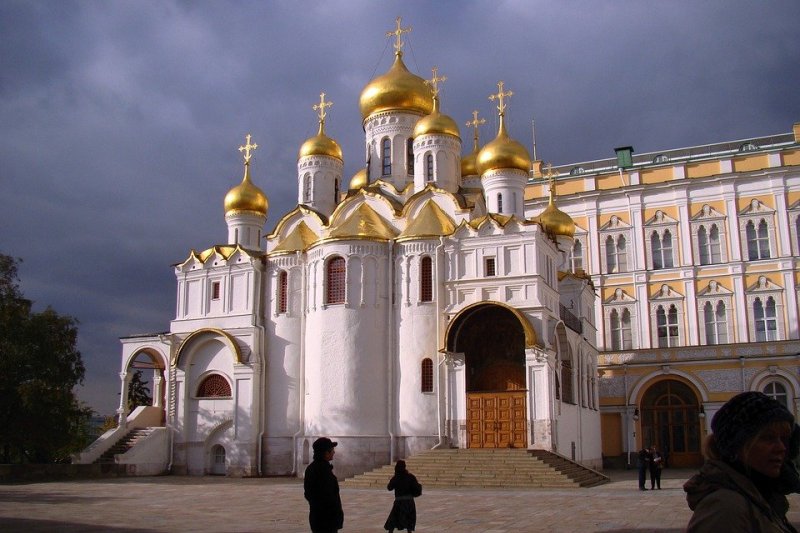
The unfolding economic crisis in Russia has pounded the ruble, which crashed by as much 20% within 24 hours earlier this week. It later rebounded to around 60 rubles per dollar following intervention of the currency by the Central Bank of Russia.
Country residents are pondering where they can preserve what remains of the dwindling value of their ruble savings. The latest iteration has residents hoarding everything from IKEA furniture to Jaguars – and all types of imported goods in between, with consumer electronics product of choice for spending rubles.
Foreign currencies remain on the table as an option, at least until if/when capital controls are put in place. However, liquidity for exchanging the ruble is limited with major banks around the world suspending their trading in the currency, leading to the inability of local money changers to find demand for their customer’s rubles.
Then there is Bitcoin. In the past, citizens of countries with deteriorating currencies turned to it during desperate times.
Vadim Telyatnikov is CEO of AlphaPoint, a bitcoin exchange technology provider based in New York. He pointed out to FortuneZ:
Indeed, this week saw the biggest spike in bitcoin/ruble volume of BTC-e in nearly a year. Even as BTC floundered versus the dollar, it spiked higher against a plunging ruble. Over 800 BTC changed hands in a 24 hour period, a small figure for USD standards but unusually large in ruble-based trading. The high volume continued even after Tuesday’s events. The coming days and weeks will tell if this trend is to continue.
One thing many Russian residents do know is that authorities have declared that Bitcoin will be made illegal in the future. While it is possible that they will reverse their stance, as they have already done on several occasions, their considerations for the ruble may cement their decision.
Currently, BTC-e is a rare venue where BTC/RUB can be traded. Telyatnikov further explained that setting up such a facility in Russia would be illegal. Authorities may also make it difficult to move funds to a foreign exchange as they try to stem the tide of divestment from the currency. The same forces limiting the exchange of rubles to other fiat currencies restrain their transfer into bitcoins.
A bold but interesting move would be the advent of synthetic trading, such as ruble-denominated bitcoin CFDs, giving Russians access to the cryptocurrency to hedge against further ruble devaluation. CFDs are currently allowed in Russia, though an appropriate trading model would have to be devised for long-term investors.
(Photo: pixabay)

